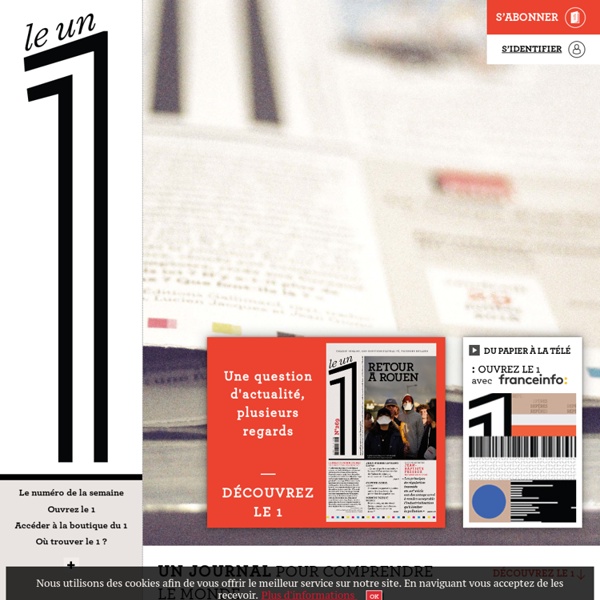



LES NARRATEURS Play The founder and CEO of Onnit, the mega lifestyle brand and one of the fastest growing companies in the country, teaches us how one single day of positive choices leads to a lifetime of concrete strategies for better living, optimal performance, and a stronger mind, body, and spirit. Human optimization thought leader Aubrey Marcus’s personal and professional mission rests on a single question: How can we get the most out of our body and mind on a daily basis? Marcus answers that question in Own the Day, Own Your Life an empowering handbook that guides readers to optimize every moment of the day, from waking in the morning, through work and play, until bedtime each night. With small, actionable changes implemented throughout the course of one day, we can feel better, perform more efficiently, and live happier. And these daily habits turn into weekly routines, ultimately becoming part of lifelong healthy choices.
Snatch - Le magazine des bons et des méchants Tuto Photoshop les meilleurs tutoriaux photoshop parmis les tutoriaux photoshop du net CC, Cs6, Cs5, cs4, cs3 et cs2 Bienvenue dans ce nouveau tutoriel, dans ce dernier nous allons utiliser deux logiciels très puissants pour réaliser cet effet, nous allons commencer par réaliser un superbe effet de texte 3D avec Cinema 4D puis ajouter un effet d'éclaboussure de peinture et lumière avec Photoshop pour obtenir un rendu magnifique Accueil - CANAL STREET Wikipédia, l'encyclopédie libre Permalien Un article de Wikipédia, l'encyclopédie libre. Un permalien (un mot-valise formé par la contraction linguistique des mots « permanent » et « lien ») est un type d'URL conçu pour référer un élément d'information (souvent une nouvelle ou une entrée de weblog) et pour rester inchangé de façon permanente, ou du moins, pour une certaine période de temps. La permanence dans les hyperliens s'avère utile lorsque ces liens sont liés, ou cités, d'une source externe. Les premiers weblogs étaient des pages HTML statiques. Un permalien est constitué d'une chaîne de caractères qui représente la date, et parfois l'heure, de sa publication[réf. nécessaire], et des identifiants particuliers (incluant un URL de base, et souvent qui identifient l'auteur, le membre ou le département d'où provient l'item). Les permaliens ont été employés à la base de plusieurs technologies, comme le rétrolien dans les weblogs, la référence à une entrée spécifique dans un flux RSS ou Atom.